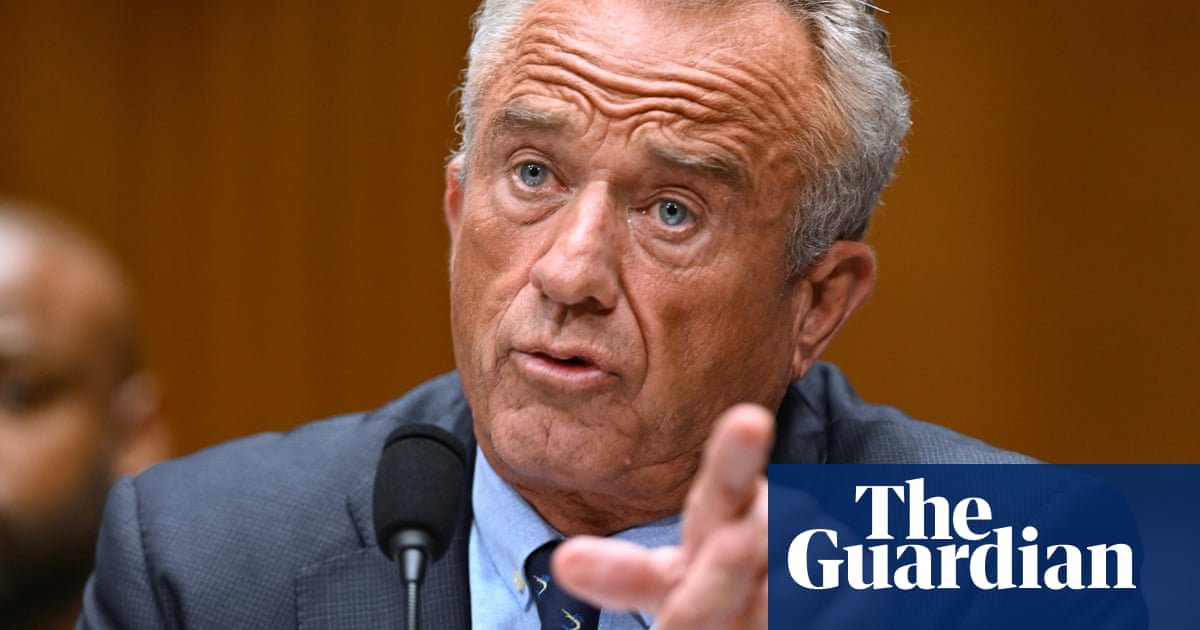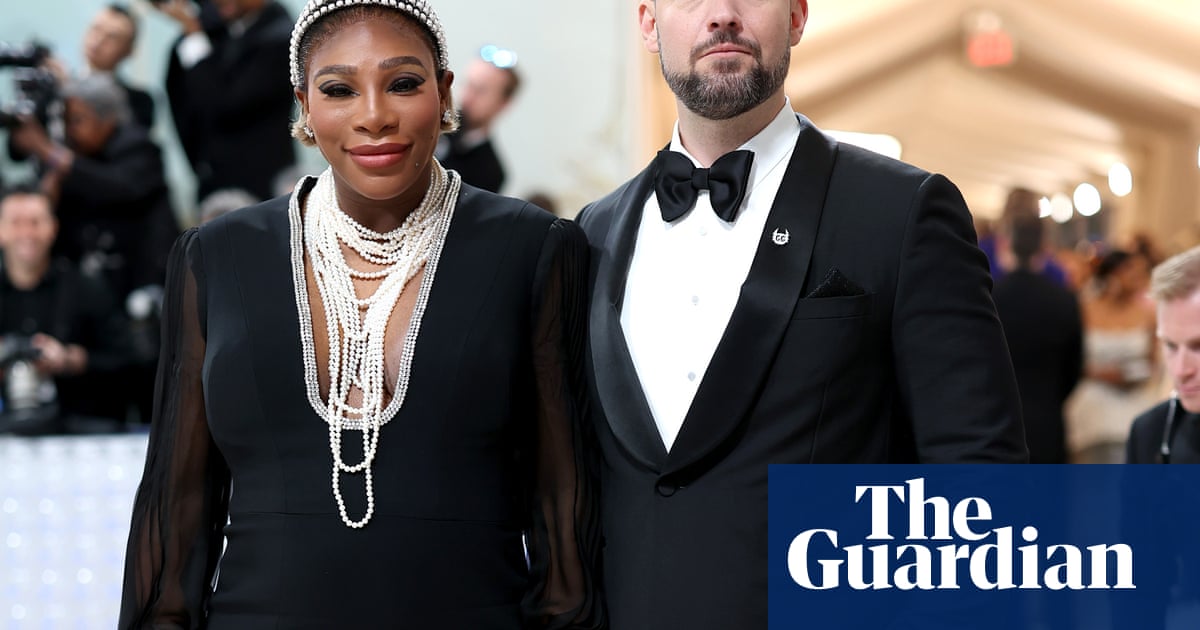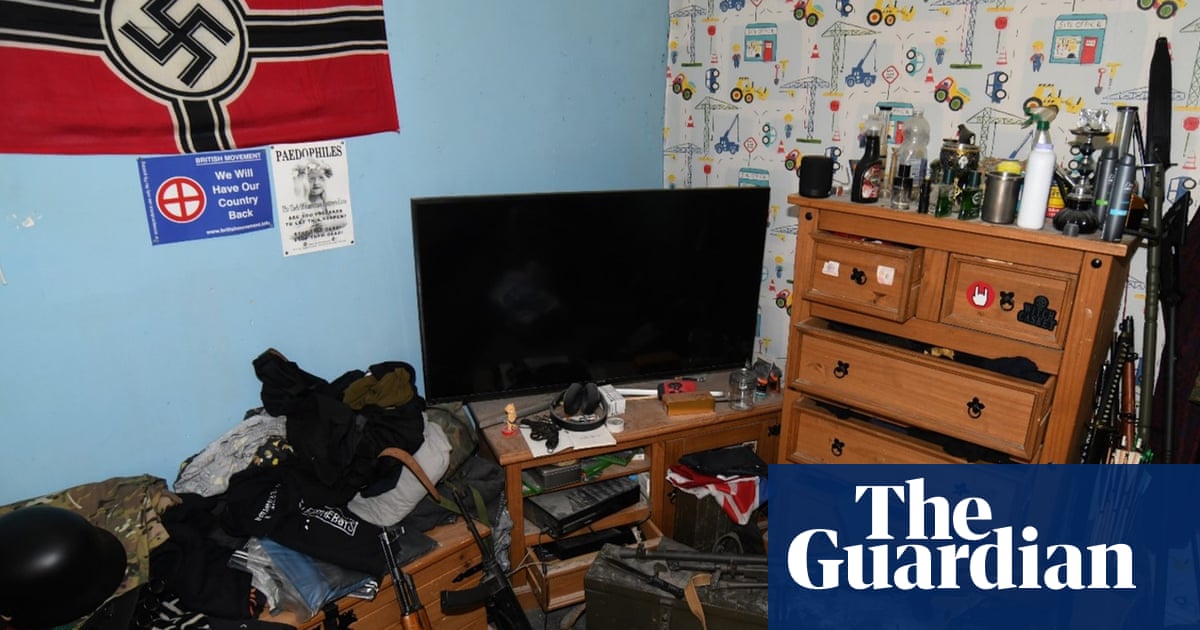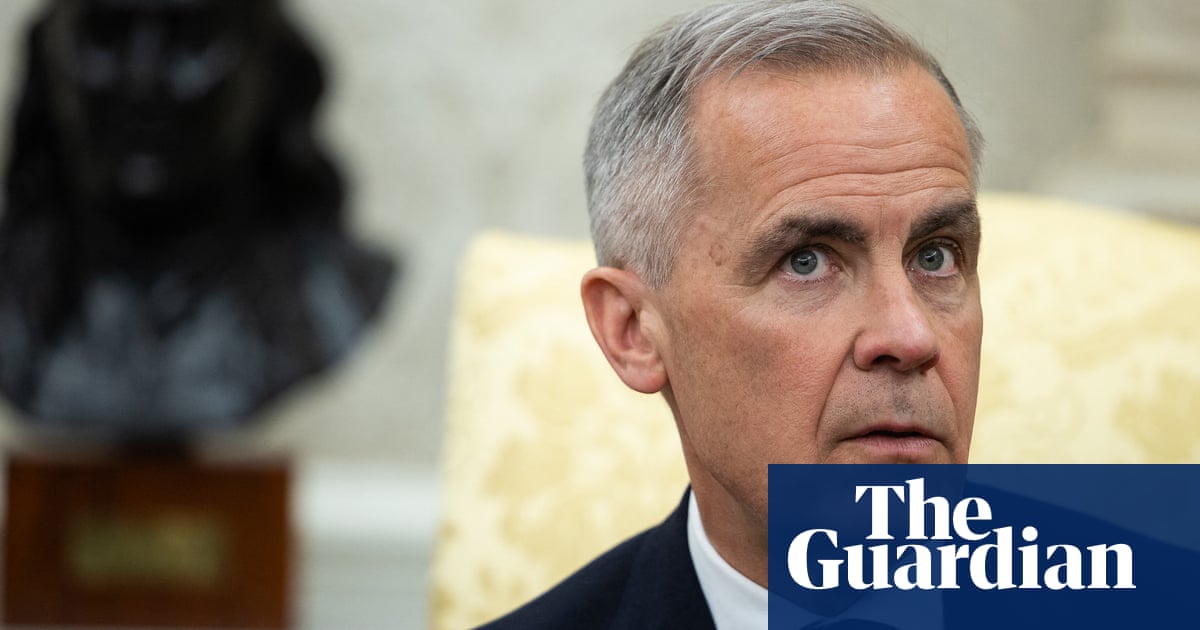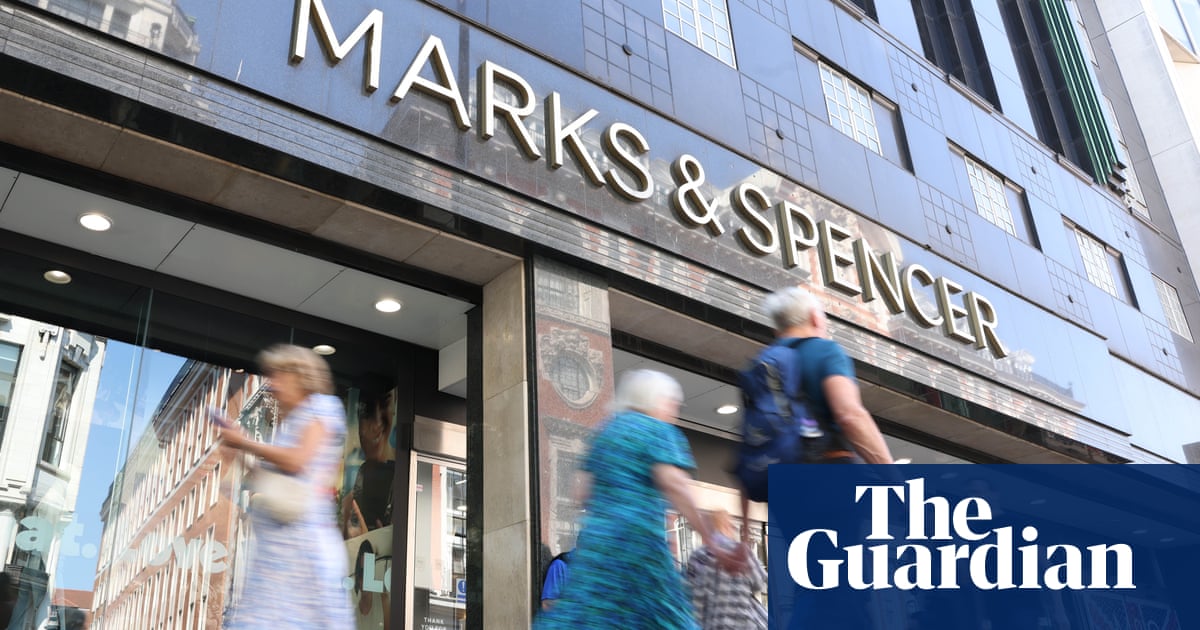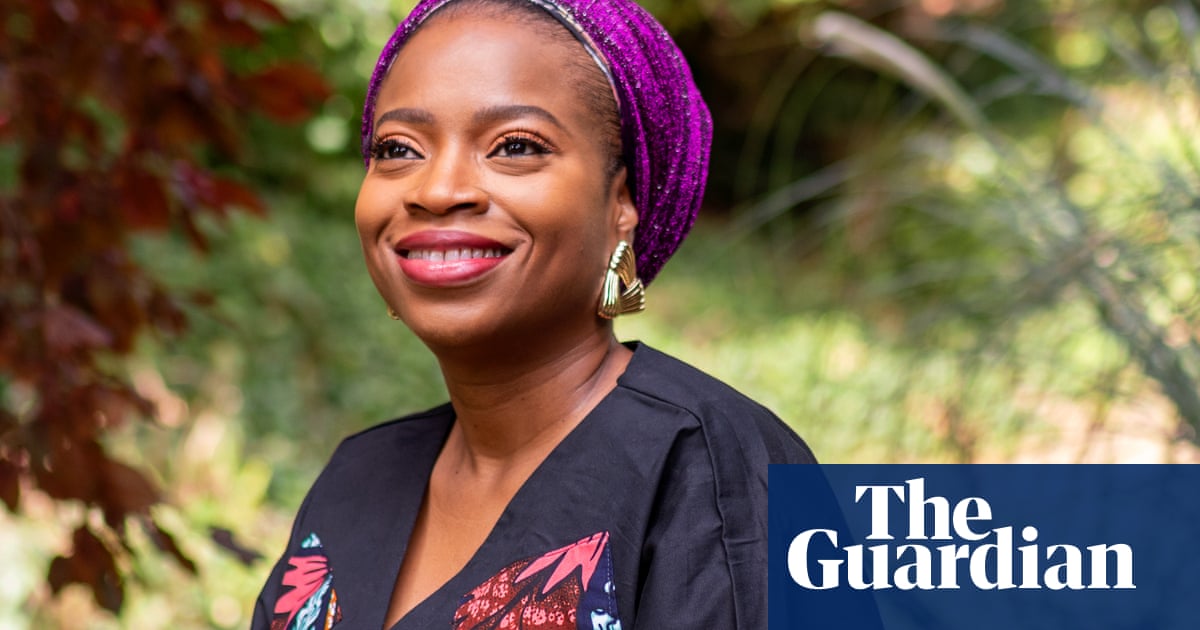A senior cabinet minister has been accused of being too close to big tech after analysis showed a surge in his department’s meetings with companies such as Google, Amazon, Apple and Meta since Labour came to power.
According to Guardian analysis of publicly available data, Peter Kyle met people close to or representing the sector 28 times in a six-month period. That was more than one meeting every week on average, and nearly 70% more often than his predecessor as science and technology secretary, Michelle Donelan.
The findings have brought renewed criticism from those who believe Kyle has used his position to push the sector’s agenda even in the face of concerns about online safety and protections for the creative industries.
UKAI, a trade body representing the UK’s artificial intelligence industry, said smaller players were being squeezed out as a consequence of the government’s focus on big tech.
“Our concern is that there is a huge imbalance between a handful of global players who are able to influence directly what No 10 is thinking about on policy, and the thousands of other businesses that make up the AI industry across the UK,” said Tim Flagg, the UKAI chief executive. “Our voice is not being heard but the economic growth that the government seeks will come from these companies.”
Labour has put the technology sector at the heart of much of what it is promising to do in government. Keir Starmer said in a speech earlier this year that artificial intelligence could “turbocharge growth”, and the prime minister is now pursuing a tech-focused trade deal with the US, having last week agreed a range of tariff reductions.
Kyle has been at the centre of the government’s outreach to the sector, calling those who work in it “the bold people building a new future for Britain”.
A Labour source said the figure showed Kyle was “clearly working nearly 70% harder than his predecessors”. They added: “He is meeting many more inventors, investors and innovators as well as technology companies, victims, campaigners, academics and scientists. That’s the job. And it is a privilege to do it.”
Some in the creative sector blame Kyle for piloting controversial proposals to allow AI companies to circumvent copyright protections and use creative material to train their tools. The Guardian revealed last month that ministers had drawn up concessions to those plans after a backlash from some of the UK’s best-known artists, including Elton John and Paul McCartney.
On Wednesday, ministers sought to block a Lords amendment to the data bill that would have required AI companies to disclose their use of copyright-protected content.
Some in Labour circles now believe Kyle has become so close to the industry he is supposed to monitor that he will be moved in the next reshuffle, possibly to replace Bridget Phillipson as education secretary.
Victoria Collins, the Liberal Democrats’ science and technology spokesperson, said: “Peter Kyle has rightly got a reputation for being too close to big tech – unable to defy his friends at Meta and X when it comes to standing up for our kids’ online safety or the rights of British creatives. Kyle rubbing shoulders with so many big US tech bros, instead of our great UK startups trying to get their foot in the door, shows he’s missing a trick.”
Caroline Dinenage, the Conservative chair of the culture, media and sport select committee, said: “It’s great that [Kyle] is taking a keen interest in the growth of this sector. But he needs to ensure he’s hearing balanced voices from across the high-performance business sectors the UK economy depends upon, to avoid irrevocable unintended consequences of advancing at the expense of others.”
A spokesperson for the science and technology department said: “As the department for technology, we make no apologies for regularly engaging with the sector – one that employs nearly 2 million people in the UK. Regular engagement with technology companies of all sizes is fundamental to delivering economic growth and transforming our public services.”
Information published by the government shows that from July 2024 until December 2024 – the most recent period for which there is data – Kyle held meetings with people representing or advocating for technology companies 28 times.
Google, Amazon and Microsoft were present at five of those meetings, the data shows, while Meta attended four.
Five of Kyle’s meetings, all in early August, were to discuss online disinformation and how it had contributed to the spread of violence during that summer’s riots. But apart from that, almost every one was to discuss “investment”, “opportunities”, or both.
In August Kyle met all four of those companies, and others from the industry, to discuss AI regulation.
This year he has met AI companies several times, according to documents obtained under freedom of information rules by the website eu.tech. Those meetings include three with the US AI company Anthropic, as well as a two-day flurry of meetings in February during which he saw executives from OpenAI, the chip designer Arm, Google DeepMind, ElevenLabs and Synthesia.
Many of those meetings were also attended by Matt Clifford, the prime minister’s adviser on AI, who has been criticised for carrying out his role while also holding shares in dozens of AI companies.
Earlier this year the Guardian revealed that the government was delaying its plans to regulate the AI sector.
Last September, Kyle met Tony Blair in a meeting designed to “discuss [his department’s] priorities”. However, information obtained by Politico last week under freedom of information laws shows Blair used that meeting to suggest Kyle meet the Ellison Institute of Technology, which is funded by Larry Ellison, the billionaire tech mogul who also funds the Tony Blair Institute.
Kyle was also involved in watering down proposals from a Labour backbencher to ban addictive smartphone algorithms aimed at young teenagers.

 6 hours ago
6
6 hours ago
6









